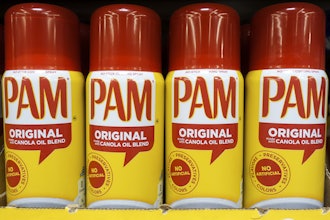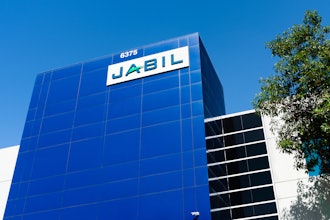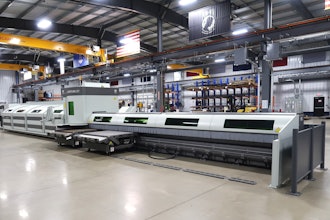The degree of specialization along the food processing chain makes a significant difference in how one builds a sustainable business franchise today. Years of ingenuity and vertical integration have enabled operators to create uniform and predictable product applications and capture maximum operating efficiencies. Taken together, these best-of-class operators have eliminated intermediate steps needed to bring particular products or foods to market. Businesses operating within these highly efficient systems are well suited to receive sophisticated financial backing to ensure their operations thrive.
The playing field has shifted. Businesses along the food chain once intent on growing more, better and faster are now becoming nimble and highly specialized with an intense concentration on how their products are flowing through to the end consumer. These considerations have had a marked impact on growers, processors and consumer food companies.
Recipe for Success
Production entities that make a total investment in the end-to-end food processing chain are arguably best positioned to achieve the highest returns. While manufacturing innovations have revealed new ways to capture value, two basic considerations can enable your business to attract a sophisticated financial partner with the capacity to help shape your success:
- Hedge When Possible: Food processors and other middlemen (especially grain companies) that contract with growers and suppliers at specific prices must be prepared to hedge and protect their investment from market price swings. Likewise, companies that sell forward can apply the same principles with their customers. Providing fix price contracts necessitates hedging price risk and working with a financial partner capable of advancing funds to meet changing margin requirements. Food processors and middlemen buying this protection are best positioned to receive capital needed to maintain contracting relationships and insulate against adverse price swings. Larger manufacturers with a distribution business that understand the benefits of commodities hedging as it applies to the products they’re processing stand to gain an even larger financial benefit when hedging other relevant commodities such as fuel when managing their transportation networks and food delivery fleets.
To continue reading the full article, click here to visit our partner publication, Food Manufacturing.






















